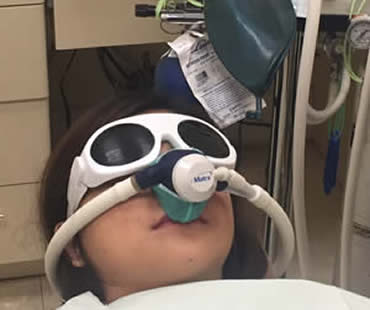Sedation dentistry at our Weymouth dental office helps patients get the care they need for their teeth and can turn an otherwise stressful experience into a comfortable dental visit. Initially developed to focus on patients with special needs and those with acute dental phobias, it has progressed to be utilized by a wide range of patient groups.
Putting off dental care can affect all levels of your health. Even regular cleanings are shown to improve overall health. Untreated issues can lead to bad breath, gingivitis or periodontitis, bone loss, acute gum disease, or other serious issues.
Have you put off your dental care? Have you have been wondering if a faster, more comfortable and relaxed dental experience could benefit you? If so, see if some of the symptoms below are relatable to you.
- You miss regular check-ups and postpone care.
- You experience anxiety at the mere thought of a dental visit.
- It has been years since your last dental examination.
- The sights, sounds, and smells of a dental office cause you to feel uncomfortable and tense.
- You feel exhausted after a dental visit. Your muscles are tired and sore.
- You have an acute gag reflex and worry about vomiting during a dental procedure.
- You have difficulty getting numb during procedures.
- You have a physical condition such as Parkinson’s disease or cerebral palsy that causes you to make involuntary movements.
- You have TMJ (Temporomandibular Joint disorder) or are unable to keep your mouth open for long periods of time.
- Your jaw might be sore for days after a dental visit.
- You need extensive, painful or treatments over several visits, such as gum surgery, bone grafting or extractions.
- You have a fearful and anxious child who won’t follow instructions or sit still during a dental visit.
- You desire the most comfortable dental experience possible.
Does even one of these descriptions ring true for you? If so, talk to your dentist about sedation dentistry today! Don’t wait to enjoy the optimal level of oral care available to you.
Our dental office is located in Weymouth











